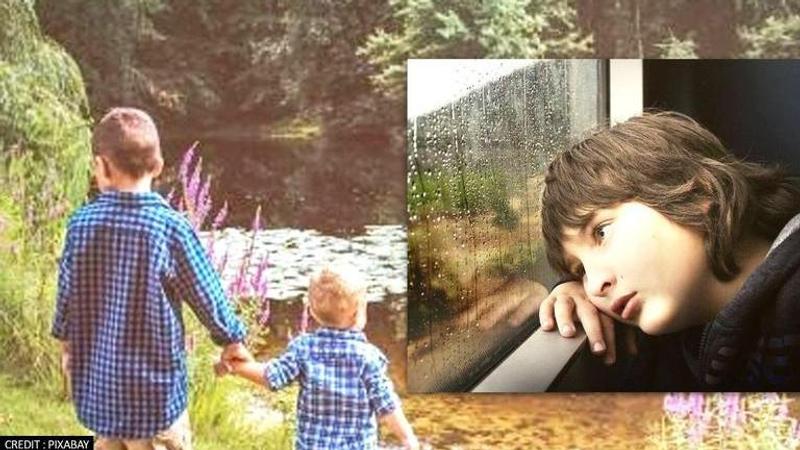Published 18:07 IST, September 17th 2021
US: New study reveals devastating effects of children witnessing 'sibling abuse'
"We normally think of someone being victim of physical abuse or seeing marital assault when we hear about exposure to family violence," said Corinna Tucker

According to a new study from the University of New Hampshire, children who witness a parent abusing a sibling can be just as traumatised as children who witness violence between the parents. Such exposure, according to the study, is linked to mental health concerns like despair, anxiety, and aggression.
The research findings were published in the journal, 'Child Abuse and Neglect'.
"We normally think of someone being the victim of direct physical abuse or seeing marital assault when we hear about exposure to family violence," said Corinna Tucker, professor of human development and family studies.
"However, many youngsters witness abuse of a sibling without being a direct victim, and it turns out that when we count the impacts of family violence exposure, we should be thinking more about these interactions," Tucker added.
The researchers integrated data from three nationwide surveys to thoroughly examine the experiences of nearly 7000 youngsters aged between one month and 17 years.
Impact of EPAS on Child's mental health
This covered any incident during a child's lifetime, in which a parent hit, beat, kicked, or physically hurt a sibling in the family. Fathers (70%) were more likely than mothers (60%) to commit parental abuse against a sibling among the 263 (3.7%) kids who had been exposed to parental abuse (EPAS) against a sibling.
Boys and adolescents received the most exposure. Families with two biological or adoptive parents had the lowest rate of abuse. However, there were no differences in abuse rates based on race or ethnicity. Youth that was exposed (EPAS) to sibling abuse had increased levels of rage, anxiety and despair.
"EPAS may be part of a larger familial context of violence in some households. As more family members are exposed to domestic violence, there may be less emotional stability among family members, as well as less opportunities for children to witness, learn, and practise good stress responses," Tucker continued.
This study, according to the researchers, underlines the specific contribution of EPAS to feelings of dread and mental health distress in children and adolescents. They hope it will change people's minds about domestic violence by recognising EPAS as a form of indirect exposure and calling for practical and clinical applications.
Image: Pixabay
Updated 18:07 IST, September 17th 2021



